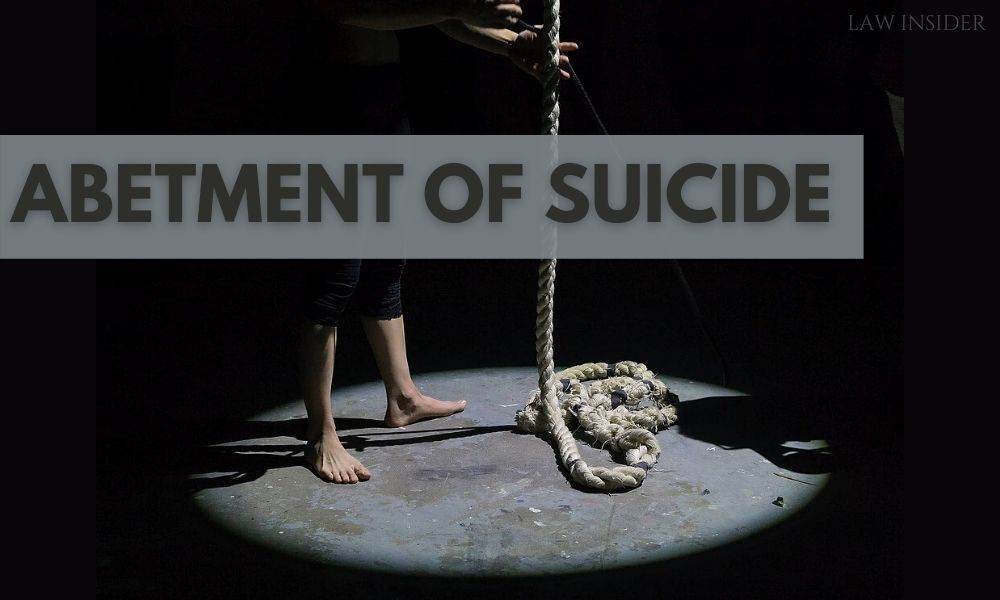Alka Verma –
Published on: September 15, 2021 at 11:00 IST
The Supreme Court of India has observed that mere Harassment without any positive actions does not lead to Abetment of Suicide.
A Bench comprising Justices MR Shah and Aniruddha Bose further stated that mere quarrel on the day of occurrence doesn’t attract the charges of Abetment of Suicide under Section 306 of the Indian Penal Code.
Regarding Section 306, the Court observed that “Now so far as the offence under Section 306 IPC is concerned, in a case where if any person instigates another person to commit suicide and as a result of such instigation the other person commits suicide, the person causing the instigation is liable to be punished for the offence under Section 306 IPC for abetting the commission of suicide.”
The Court further added, “As observed and held by this Court in the case of Amalendu Pal (supra), mere harassment without any positive action on the part of the accused proximate to the time of occurrence which led to the suicide would not amount to an offence under Section 306 IPC.”
The Court stated these observations while it was dealing with a case in which both the accused and his wife consumed pesticides after some quarrel.
After which, the wife died and the accused survived and the brother of the deceased filed a case against the accused under Section 306 of Indian Penal Code.
The Lower Court declared him guilty and punished him with a fine of Rs. 2500 and to undergo 7 years rigorous Imprisonment.
The Court also booked him under Section 4(b) of the Tamil Nadu Prohibition of Harassment of Women Act and punished him with a fine of Rs. 2500 and 3 years of rigorous imprisonment.
The Madras High Court also upheld the punishment.
“In the instant case, the allegation against the appellant is that there was a quarrel on the day of occurrence. There is no other material on record which indicates abetment. There is no material on record that the appellant-accused played an active role by an act of instigating the deceased to facilitate the commission of suicide,” stated the Court.
Lastly, the Court observed, “On the contrary, in the present case, even the appellant-accused also tried to commit suicide and consumed pesticide. Under the circumstances and in the facts and circumstances of the case and there is no other material on record which indicates abetment, both the High Court as well as the learned trial Court have committed an error in convicting the accused for the offence under Section 306 IPC.”
Click here to read/download the Order
Also Read: What is Abetment of Suicide?

